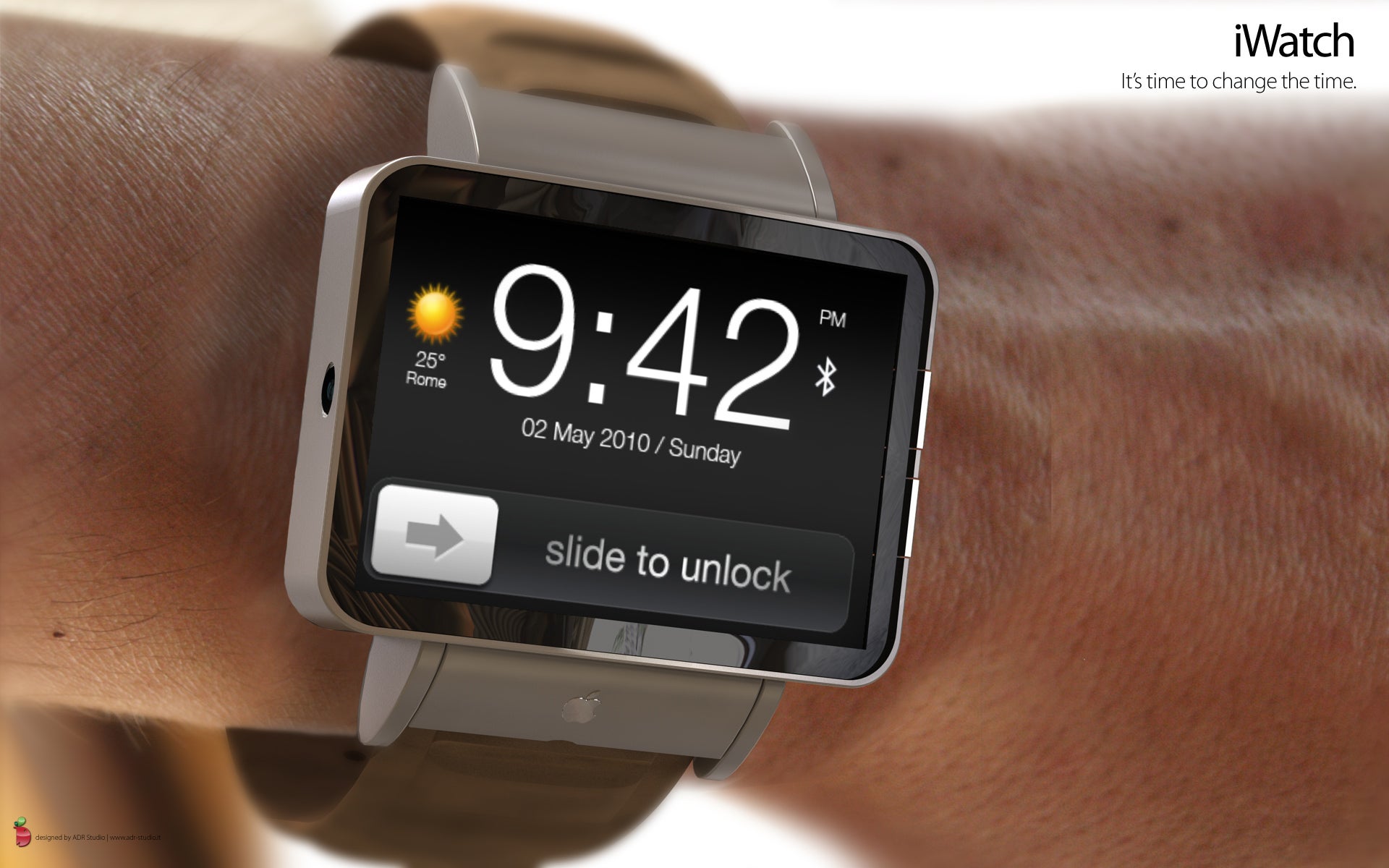The Independent's journalism is supported by our readers. When you purchase through links on our site, we may earn commission.
iWatch difficulties: Apple accepts their limitations & begin hiring 'aggressively'
The smart watch is a difficult concept for any company; if you have Apple's high standards then your problems are doubled

In a move that suggest that Apple have accepted their own limitations the tech company have begun hiring “aggressively” to tackle the challenge of developing the iWatch. Although the device has yet to be confirmed it would constitute a new direction for the company and a departure from the sort of expertise they’ve assembled during the creation of the iPhone and the iPad.
Sources familiar with the company’s plans spoke to the Financial Times, stating that designing such a product involves “hard engineering problems that they’ve not been able to solve”. The fact that Apple are running into problems also mean that it’s likely that device won’t be launched “until the latter part of next year”.
As the FT notes, this is disappointing for investors in the company. Apple’s stock dropped from a high of $700 in September 2012 to less than $400 in April of this year and currently trades at around $430. Financial analysts have speculated whether the company is past its prime with many suggesting that an entirely new product line is needed to halt a perceived decline in creativity.
The smart watch market is certainly set to explode over the next couple of years. What started out as an icon of crowd-funding success - the MetaWatch and Pebble are notable examples - has become an attractive target for virtually any tech company with a hardware arm. Dell have been the latest company to suggest they’ll be joining the boom, but everyone from Microsoft to Sony to Samsung have hinted at a project or already brought a device to market.
The problem for Apple then is to differentiate themselves from the rest of the market and create a product equal to their high standards of design and functionality. Smart watches are popular right now but they’re consistently hamstrung by the limitations of current hardware and the need to operate at such a small scale.
Devices are dogged by inadequate battery life, low-resolution screens and under-developed apps that fail to sync, have difficulties displaying on small screens or just plain don’t work. Consumer tech review site The Wire Cutter summed up the myriad difficulties of the form by declaring that the current crop of devices are just “all kind of crummy”.
Another difficulty to navigate is the social status of the watch. Whether you choose to wear a Patek Philippe or a Casio F-91W will reveal something about your character (and your income) – be it aspirational or apathetic. The caché carried by a phone is similar in kind, but not in degree: smartphones have all trended towards the black-slice-of-glass aesthetic and remain hidden in your pocket anyway – a watch is on display all the time.
Apple’s recent hire of former Yves Saint Laurent boss Paul Deneve suggests that they’re sensitive to this issue. The 53 year-old Belgian even worked in Apple’s sales and marketing division back in the 1990s before moving to high-end fashion. Although his role in the company has yet to be confirmed (CEO Tim Cook says Deneve will be reporting directly to him to work on “special projects”), his expertise in selling image and brand seems a canny play from Apple.
It’s to the consumer’s benefit and to Apple’s credit that the company is content to mull over their products, and ti seems that the iWatch will be no different. Whilst Cook’s only comments on the topic have been that the area is “ripe for exploration” this most likely means exploration, Apple style: let other companies rush off into the undergrowth – you just hang back, keeping note of your competitors' cries for help as they flag up potential pitfalls by conveniently falling into them.
Join our commenting forum
Join thought-provoking conversations, follow other Independent readers and see their replies
Comments
Bookmark popover
Removed from bookmarks